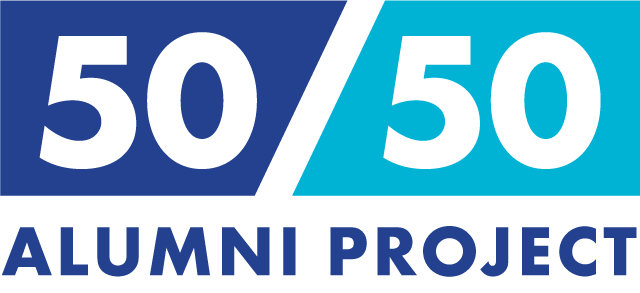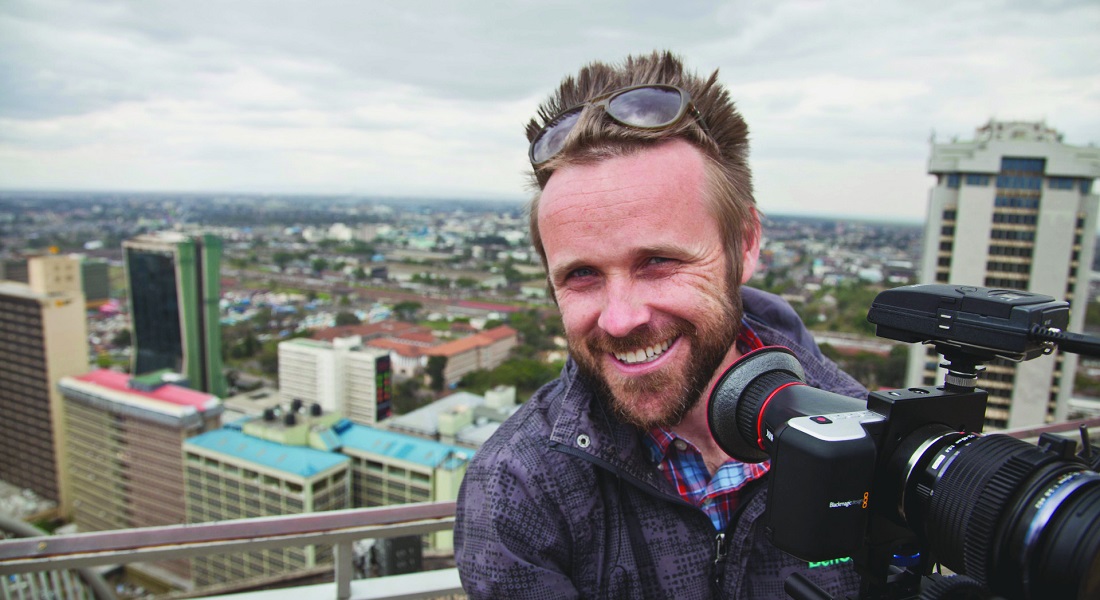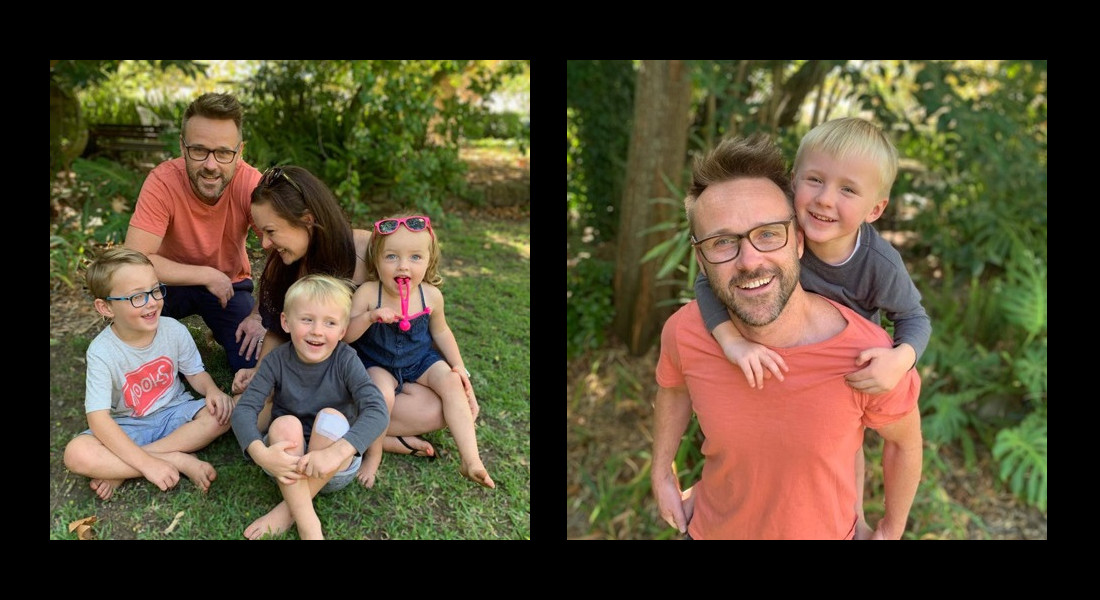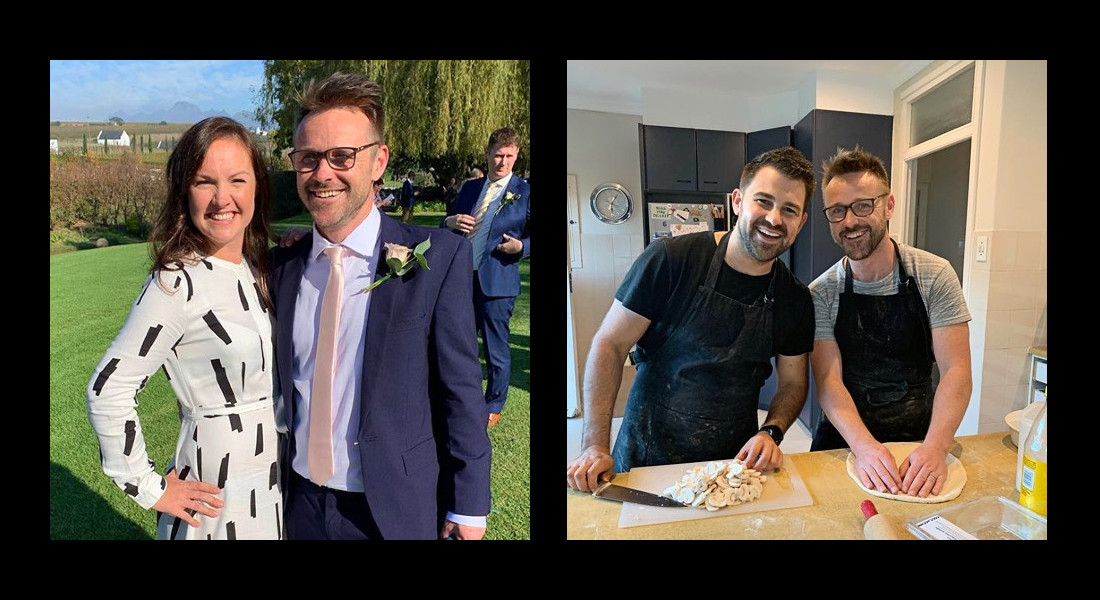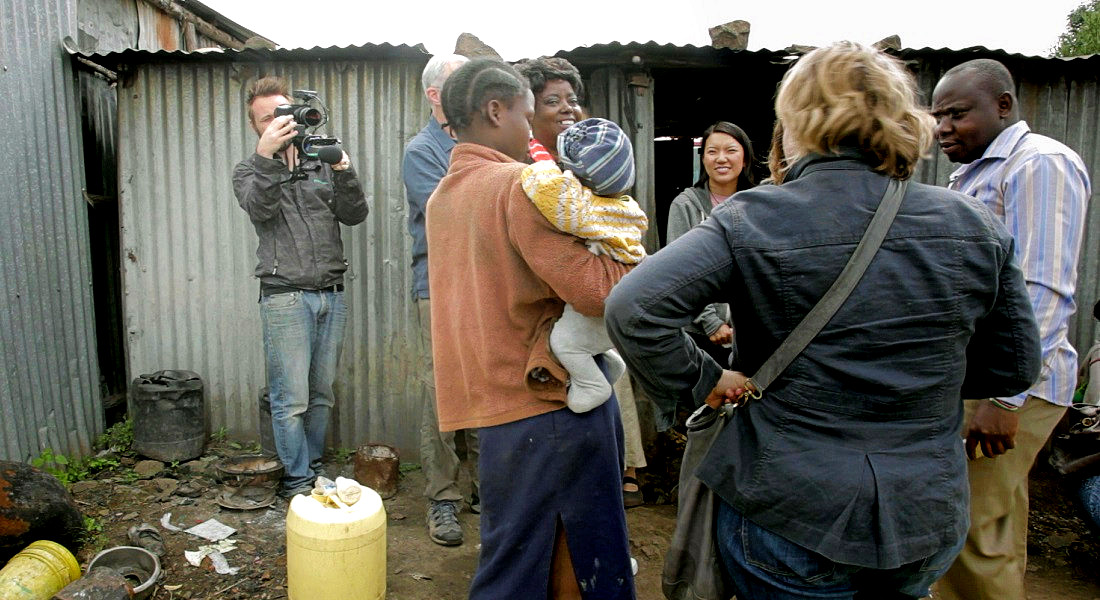2014 Theran Knighton-Fitt
Entrepreneur • Cape Town, South Africa
On Campus 2010-2014 ∙ MATS ’14
I am a creative with a pastoral heart and a deep sense of vocational direction. I often tend towards the philosophical and abstract, but I’m trying to live more in the concrete, particular, creaturely experience of human relationships. My wife Debbie and I have three kids, and we’re blessed to share a property with my in-laws as a multigeneration family.
Aspect of my life that would have surprised me as a student:
I’m not working in a church, and even though I never took a single marketplace theology course, a theology for work is turning out to be one of the most important things Regent gave me.
How Regent made a difference:
I can’t think about this without a deep emotional response. What difference has Regent made? The answer is me. My entire life is different. My eyes. My understanding. My action. My contribution. It changed me.
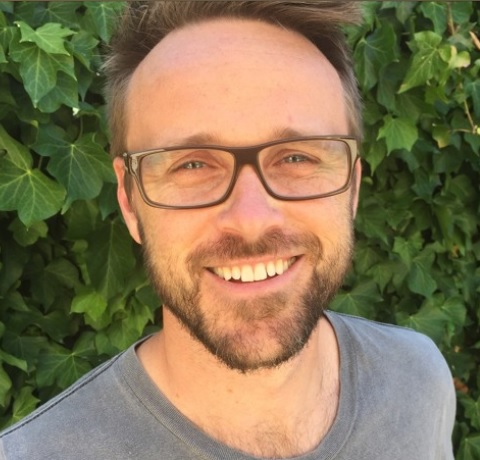
-
More From Theran
How I got to Regent:
I came to Regent to better understand where we were as a culture: to explore modernity and post-modernity and to understand how best to engage with thinking humans in a diverse and pluralistic society. At the time, I would have put that in the box of apologetics. Beyond that, I came to Regent to become a better preacher. I wanted to be able to contribute in a more meaningful way from the pulpit. As it turned out, my road since Regent has led me in a different direction.
Life after Regent:
My journey since Regent has not been what I expected, but it is one that I can trace God’s guidance in.
Shortly before we left Vancouver, Debbie and I had dinner with Rod and Bev Wilson. I was unsure of what lay next in our immediate future: I was expecting to find pastoral work back in Cape Town, which is where both of us were born but neither of us had many professional connections, because we hadn’t lived there in twelve years. Rod was on the cusp of his own transition, having recently retired from his position as President of Regent, so he was asking similar career questions and not entirely sure what was next.
One of the things I remember so clearly from that night is something Rod shared about a change in his thinking about next steps in his career. He said something to the effect of, “I have stopped asking ‘What is God’s will for me?’, and started asking ‘What have I been prepared for?’” I’ve held on to that nugget of wisdom as my own journey since Regent has twisted and turned down a path I did not imagine.
Since returning to Cape Town, I have worked as a filmmaker, telling stories of what God is doing in and through churches and NGOs in South Africa; I have run an academic department at the premiere film school in South Africa, teaching humanities in an interdisciplinary approach; and finally, I’ve found my groove with a business called Mygrow, a video-based Emotional Intelligence Platform I co-founded with one of my oldest school friends. I have been privileged to experience each of these different work scenarios as vocationally meaningful as I’ve tried to tune my imagination to God’s and “join Him in the renewal of all things” (to borrow a phrase from Artisan, our church family in Vancouver).
Church after Regent:
Church has been hard for me, and for us as a family. That’s true for many people who leave Regent, but I think I’ve particularly struggled as someone who thrives on creativity and lateral thinking. We didn’t have a church community to slot back into when we moved to Cape Town, because we’d spent more of our adult lives elsewhere. And because I was imagining a career in a pastoral capacity, finding a church to settle in was secondary to finding a church to work in. But, with my lack of local relationships and different ways of thinking, I didn’t find a place to land. I remember one employment conversation in which I got the distinct impression that I would have been seen as more useful to the church if I had never studied at Regent—perhaps if I’d never studied at all.
After six months of searching for a church job, I was becoming disheartened. We tried our hand at a quasi-church plant, with a group of questioning and “unquenched” Christians, running ReFrame out of our home for about three months on Sunday mornings. It was an amazing experience, but ultimately unsustainable for where we were as a family. What followed was a very dry season of church community. My friend Claire Perini often talks about a “ministry of presence” as a congregant, which may take the barest form of just being a pew warmer. We weren’t even that, for a few years. We tried a few times to get back on the horse, but I found it difficult while I was grieving the end of my time at Regent and the future I had been imagining in pastoral ministry.
We’ve emerged from that dark night of the soul over the past year or two. We’re wiser and quieter than we were before. God has dissipated my frustrations, and I trust that I’m finished grieving the loss of a “pastoral ministry.” I’ve found deep pastoral meaning in my current work with organizations and within my own team. I have re-imagined my pastoral vocation in the marketplace, and found a corner where I can apply my theological vision, being part of God’s project of shaping shalom and flourishing in His good creation.
Me after Regent:
I am so grateful for who I became at Regent. Regent didn’t just educate me—it was a broader catechism than that. In some ways, my life would have been easier if I had never embarked on the pilgrimage that took me to the Green Roof. But my life is so much better and richer and truer than it would have been had I stayed in my theological cocoon.
I will be an advocate of Regent until the day I die because of the gift of self and vocation I received there. The gospel has been opened for me in a way that truly does encompass each part of my experience.
I now feel that I have theological vision for existence. I would have said that was true before I went to Regent too—but on this side of the experience, I can see that it wasn’t a sufficient vision. I had a certain kind of Protestant theological hubris that I think Regent helped cure.
Most important lesson:
It’s impossible to name just one. How do you distill four years of change into a single answer? So, here are a few things:
1. I learned to see creation is a primary category. I am a creature first, then a human—and to be a human is an amazing thing. A human is a certain kind of creature: the priest of all the other ones.
2. I learned that the Christian tradition is broader, and deeper, and sweeter, and more free than most evangelicals know.
3. I became a lot more ecumenical and sacramental in my theological perspectives and my lived experience.
4. I fell in love with Jesus in ways that have made me frustrated with certain overly-defined and reductionistic atonement theologies. I believe that Christ (as a human), is the best that Creation has to offer to God, in addition to the perfect sacrifice that Jesus (as God) offers for us.
5. I have become fond of mystery and less inclined to use art and story as a mere “preaching tool” that explains, and must result in, a crystallized rational theological understanding.
Why I support Regent today:
I support Regent because she is my theological mother. I trust her. I want her to form and feed more Christians. I believe that the theological vision of Regent and her children is one of God’s great gifts to creation, and the human world, and the church.
Regent in three words:
1. Incubating
2. Friendship-forming
3. FaithfulBest Regent memory:
Galiano—every time.
More Regent memories:
I remember MC’ing the Regent talent show at the annual retreat, especially having a video conversation with my alter-ego Farren. I particularly enjoyed his interpretation of Psalm 23.
I also have fond memories of a game we played when I did chapel announcements. A friend would whisper three different words or phrases to me just as I got up to give the announcements, and my challenge was to slip those words in, unrehearsed. The hardest one was the phrase “Brucey Blue Eyes,” a nickname the students had for Bruce Hindmarsh. That took some courage—he wasn’t aware of the nickname until that moment.
Favorite Regent class:
Gerard Manley Hopkins seminar with Loren Wilkinson
Favorite place to study:
Grounds for Coffee
Favorite things about Vancouver:
That hour before sunset on dark-overcast evenings, when the sun sinks below the clouds and paints the trees with contrast against the grey sky.
Fun facts:
1. I hiccup on my first sip of fizzy soda drinks, every time.
2. I have three children but I’m still alive.
3. The meanings of my children’s names all reflect a season of growth and influence as a result of our time at Regent.
As a donor, I'm supporting Regent's ongoing mission.
Would you join me?
